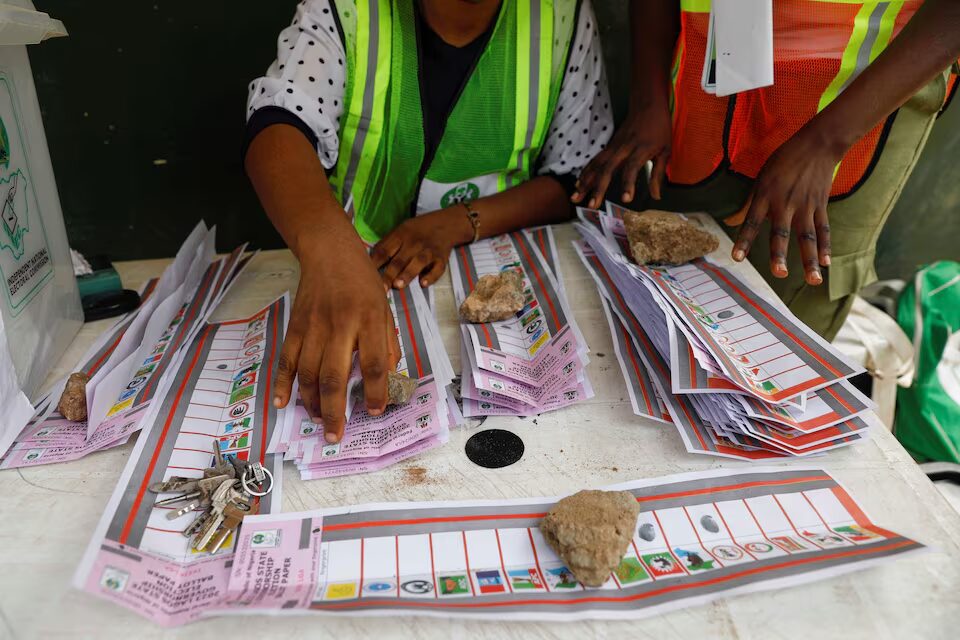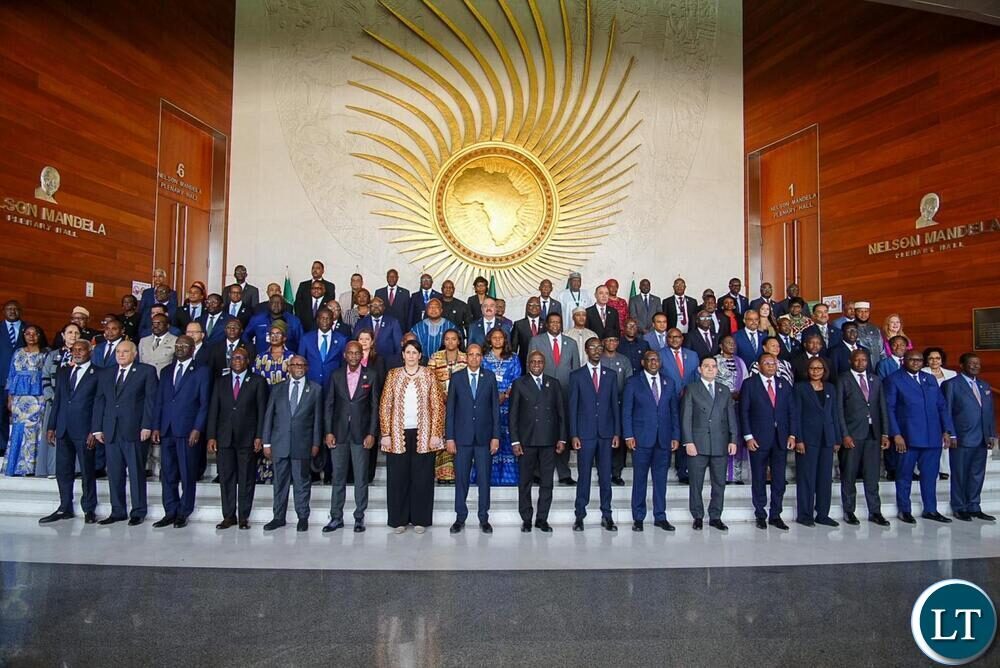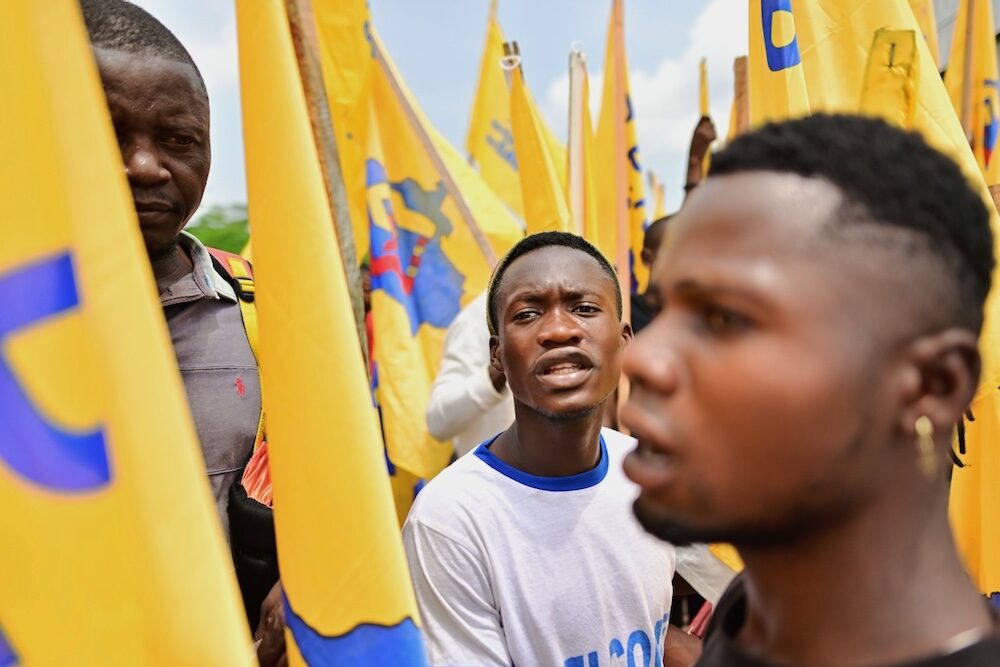
Monday, 18th August 2025

By inAfrika Reporter
General Abdel Fattah al-Burhan’s latest military reshuffle reads like a playbook for consolidating power in a war economy. Today, the army chief replaced key commanders—installing a new inspector general and head of the air force—while reaffirming General Mohamed Othman al-Hussein as chair of the Joint Chiefs. He also folded an assortment of allied armed groups—former Darfur rebels, Islamist brigades, tribal militias and civilian volunteer units—under his direct authority. The headline is centralization; the subtext is survival.
The move comes as the front lines keep shifting. In the west, the Rapid Support Forces (RSF) remain brutal and opportunistic; in the centre and east, the army clings to strategic nodes and supply routes. Burhan’s calculus is that a more vertical command can accelerate deployments, deter defections and reduce the number of “middlemen” who have profited from chaos. Yet any efficiency gains will collide with Sudan’s fragmented reality: local strongmen, warlords-turned-politicians and militia commanders each claim micro-mandates that do not easily bend to Khartoum’s orders.
Diplomacy is circling, but with diminishing leverage. Burhan’s Switzerland meeting with a senior U.S. Africa adviser broadened talks about a post-war transition; still, the battlefield frames the negotiation, not the other way round. Aid agencies call it the world’s largest humanitarian catastrophe; economists call it a collapse; Sudanese civilians call it daily life. None of those labels are compatible with slow bureaucratic fixes. The army’s reshuffle might streamline decisions at the top, but it will not conjure fuel, food or medicine in Al-Fashir, where civilians have learned to live between shelling calendars and aid convoys.
For investors and neighbours—Egypt, Ethiopia, South Sudan, the Red Sea states—the signal is that Burhan intends to be the address for security guarantees and cross-border arrangements. For Sudan’s civic movement, the message is grimmer: the more the army fuses auxiliary factions into its hierarchy, the harder tomorrow’s demobilization and justice processes will be. A centralized war machine is easier to brief; it is also harder to unwind. The question, then, is not only whether this shake-up improves the army’s battlefield performance, but whether it locks Sudan into another cycle in which the centre can hold only by leaving the margins to burn


